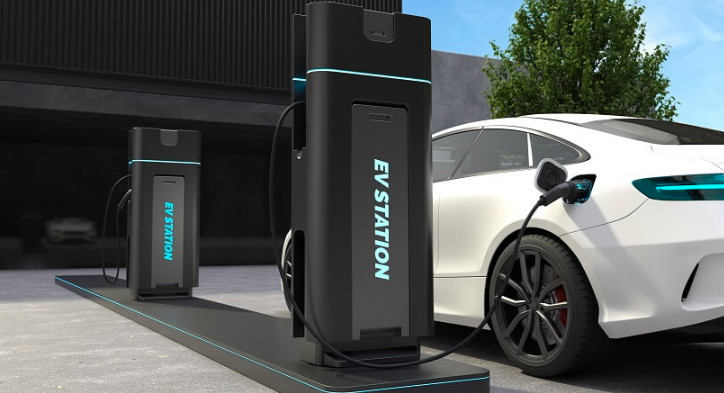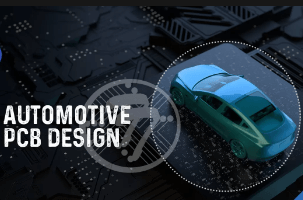Understanding the Importance of an Effective ev charging solution

With the rapid adoption of electric vehicles (evs) around the globe, the demand for a reliable and efficient ev charging solution has never been higher. As governments push for cleaner transportation and consumers increasingly embrace evs, the infrastructure to support these vehicles is becoming a crucial factor in the success of the electric mobility revolution. In this article, we will explore what makes an effective ev charging solution, its different types, benefits, challenges, and the future outlook of this ever-evolving industry.
What is an ev charging solution?
An ev charging solution refers to the technology, infrastructure, and services designed to provide electric vehicles with power to recharge their batteries safely and efficiently. Unlike traditional fuel stations ev charging solutions involve electrical components that need to accommodate various types of vehicles, charging speeds, and user needs. These solutions may include hardware like charging stations, cables, connectors, software for managing charging sessions, and network services for monitoring and payments.
An ideal ev charging solution must address factors like charging speed, accessibility, compatibility, cost, and integration with the electrical grid.
Types of ev charging solutions
The market offers multiple types of ev charging solutions, each designed to serve different purposes depending on user needs and locations:
- Level 1 Charging: This is the most basic form of charging using a standard household outlet (typically 120 volts). It provides a slow charge, often taking 8 to 20 hours to fully charge an electric vehicle. While inexpensive and convenient for home use, level 1 charging is less practical for users who need quick turnaround times.
- Level 2 Charging: Operating at 240 volts, level 2 charging stations can recharge an ev in about 4 to 8 hours. This type is common for residential homes, workplaces, and public parking lots. Level 2 chargers strike a good balance between speed and affordability and are considered the most popular ev charging solution.
Why are ev charging solutions important?
The lack of convenient charging infrastructure has been one of the main barriers to widespread ev adoption. Here’s why ev charging solutions are crucial:
- Range anxiety reduction: When drivers are confident they can find a charging station nearby, they are more likely to switch to an ev.
- Sustainability: Efficient charging solutions enable the use of renewable energy sources, reducing the carbon footprint of transportation.
- Convenience: A widespread network of chargers allows users to charge their vehicles at home, work, or public places seamlessly.
Features of an ideal ev charging solution
For an ev charging solution to be truly effective, it should possess the following features:
- Compatibility: It must support different vehicle models and connector types such as Type 1, Type 2, CCS, and CHAdeMO.
- Speed: Depending on location and use, charging speed should meet user demands without damaging the battery.
- Safety: Proper insulation, surge protection, and compliance with international safety standards are essential.
- Durability: Outdoor chargers must withstand weather elements, vandalism, and heavy use.
See also: From Pinyin to Voice: Sogou Input Method Empowers You with Diverse Input Options
Challenges in deploying ev charging solutions
- High installation costs: Particularly for fast chargers and grid upgrades, upfront investment can be significant.
- Grid capacity: The electric grid in some regions needs modernization to handle the increased load from many evs charging simultaneously.
- Standardization issues: Multiple charging standards and connector types can confuse users and complicate infrastructure planning.
- Accessibility gaps: Rural and less developed areas often lack adequate charging stations, limiting ev adoption there.
- Maintenance and reliability: Ensuring chargers remain operational and well-maintained is vital for user trust.
The future of ev charging solutions
Looking ahead, ev charging solutions will evolve in several exciting ways:
- Ultra-fast charging: Technologies that significantly cut charging times will enhance usability and make evs more practical for everyone.
- Wider coverage: Governments and private sectors are investing heavily to increase charging station density, even in remote locations.
- Interoperability: Standardization efforts will simplify charging, allowing seamless use of stations regardless of the ev brand.
- Sustainability focus: Increased use of renewables and energy storage solutions will make ev charging greener.
- Integration with smart cities: Charging infrastructure will become part of larger smart city ecosystems, linked with traffic management and urban planning.
Conclusion
These solutions enable convenient, fast, and safe recharging, addressing one of the biggest concerns for ev users — range anxiety. By embracing new technologies, overcoming infrastructure challenges, and prioritizing user needs, the industry is steadily transforming the way we think about mobility and energy consumption.
Whether you’re a driver, business owner, or policymaker, understanding the nuances of ev charging solutions is essential to participate actively in the clean energy transition. Investing in and supporting the growth of efficient charging networks will accelerate the adoption of electric vehicles and help create a sustainable future for transportation.



